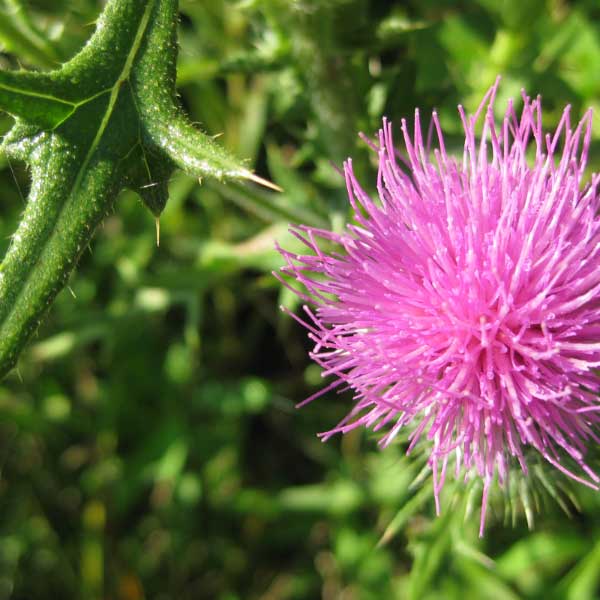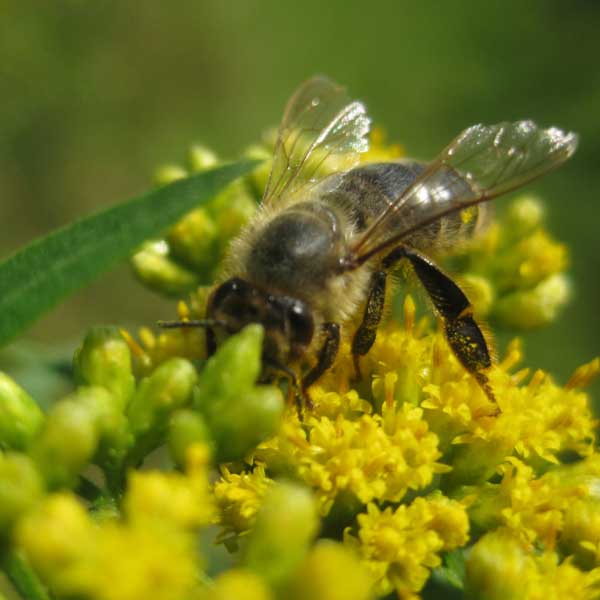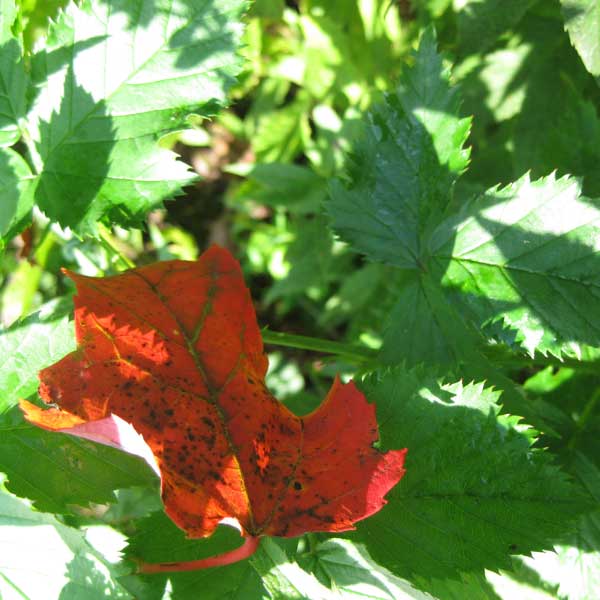Meditation
edited from a talk by Toni Packer

Here at Springwater there is no special practice assigned or suggested. You may wish to continue with a previously learned practice, or to try something new: simply attending without a known method or purpose. Attending to what is taking place from moment to moment isn’t a technique. It is what is and that is all!
Can there be simple listening, being present to what appears as sound and feeling and thinking in the midst of open silence? A vast listening space of no preferences and no judgments, no one here to do the listening. It’s happening on its own.

The faint hum of insects, a cool breeze touching the skin. Breathing, the body pulsating with heart beats. People sitting quietly together. Thoughts appearing—including fantasy, worry, wanting, remembering, anticipating…
Our habitual listening and looking has been thoroughly conditioned by past experiences and innate tendencies which unconsciously select, color, distort what we hear and see. We do not consciously intend to view things and people in the light of our past experiences, our desires and fears. But it happens, automatically, involuntarily.
The faint hum of insects, a cool breeze touching the skin. Breathing, the body pulsating with heart beats. People sitting quietly together. Thoughts appearing—including fantasy, worry, wanting, remembering, anticipating…
Our habitual listening and looking has been thoroughly conditioned by past experiences and innate tendencies which unconsciously select, color, distort what we hear and see. We do not consciously intend to view things and people in the light of our past experiences, our desires and fears. But it happens, automatically, involuntarily.


A network of memories, interconnected throughout the organism, shades our present perceptions and gives rise to reactions. These automatic reactions are not our or anyone else’s “fault.” They just take place in human beings like you and me according to causes and conditions. So one aspect of meditation is becoming intelligently aware of what we call our “conditioning”— our habitually unconscious or semi-conscious reactions toward each other and the situations around us.

Sitting quietly, we come into intimate touch with our habitual reactions of fear, desire, anger, tenderness, or whatever, discovering them freshly, abstaining from automatically judging them good or bad, right or wrong.
We may begin to realize that every incident, every encounter with another person, is instantly interpreted according to ingrained prejudices. There is constant comparing ourselves and others to ideal standards of good and bad and right and wrong, that have been internalized long ago.
Genuine interest has a way of kindling energy to illuminate the ways of automatic reactions. In looking and listening, there arises a new sense of wondering: “Why do we live bogged down in these reactions? Is it the only way of relating in this world?”
Sitting quietly, we come into intimate touch with our habitual reactions of fear, desire, anger, tenderness, or whatever, discovering them freshly, abstaining from automatically judging them good or bad, right or wrong.
We may begin to realize that every incident, every encounter with another person, is instantly interpreted according to ingrained prejudices. There is constant comparing ourselves and others to ideal standards of good and bad and right and wrong, that have been internalized long ago.
Genuine interest has a way of kindling energy to illuminate the ways of automatic reactions. In looking and listening, there arises a new sense of wondering: “Why do we live bogged down in these reactions? Is it the only way of relating in this world?”


Questioning has no methods, no knowing—just wondering freely, vulnerably, what it is that is actually happening inside and out. Not the word, the idea of it, not the reaction to it, but the simple fact.
In a conversation, we may see ourselves getting hurt because of a critical remark and instantly defending or paying back. Then mulling the whole affair over and over. This is the alienation, the conflict and suffering we all experience.
Sooner or later we may discern the palpable difference between just being here as we are, openly attentive, and the state of entanglement in a web of fantasy about being somewhere else. Can we directly experience this difference without a need to elevate or disparage either state? Every state of being speaks for itself.

The other aspect of quiet meditation is the wonder of coming upon that which is not conditioned, that which is beyond fantasy and remembrance.
Sitting quietly, without desire and fear, beyond the sense of time, is vast, boundless being, not belonging to me or you. It is free and unattached, shedding light on conditioned being, beholding it and yet not meddling with it.
The seeing is the doing. Seeing is change. It is not what is seen that matters, but that there is seeing, revealing what is as it is, in the light of wisdom and compassion too marvelous to comprehend.
The other aspect of quiet meditation is the wonder of coming upon that which is not conditioned, that which is beyond fantasy and remembrance.
Sitting quietly, without desire and fear, beyond the sense of time, is vast, boundless being, not belonging to me or you. It is free and unattached, shedding light on conditioned being, beholding it and yet not meddling with it.
The seeing is the doing. Seeing is change. It is not what is seen that matters, but that there is seeing, revealing what is as it is, in the light of wisdom and compassion too marvelous to comprehend.

